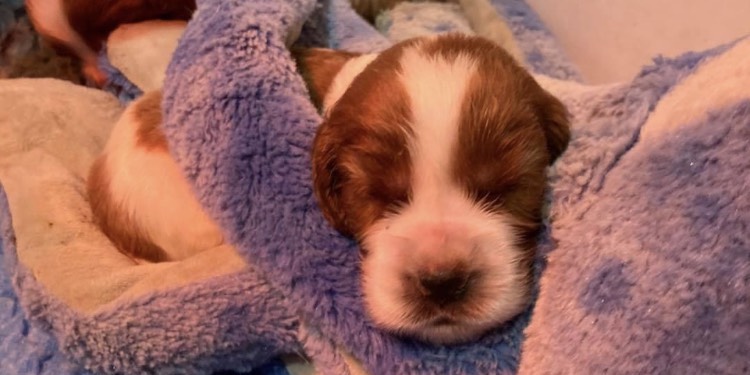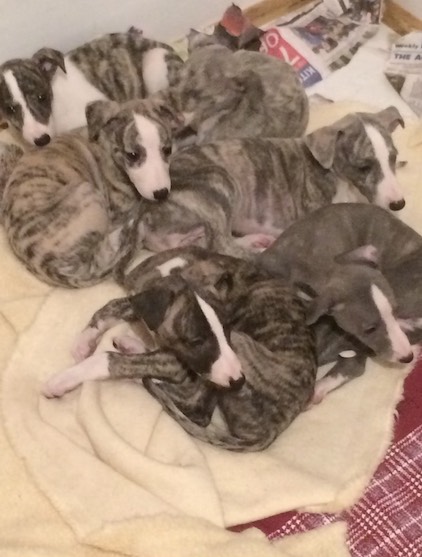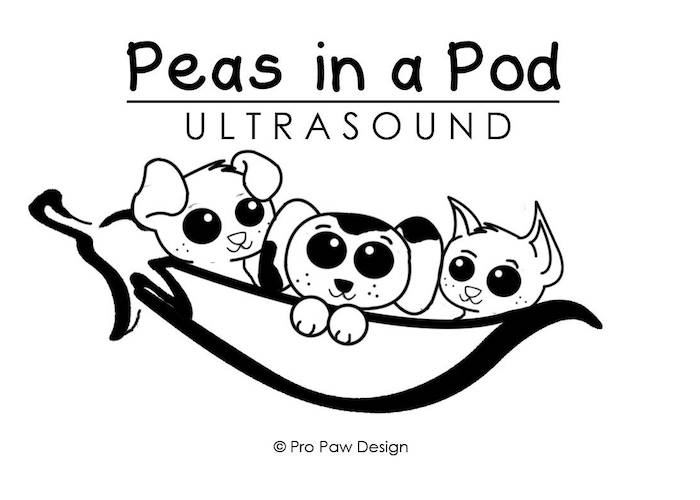
I don’t think anyone can argue that one of the impacts of Covid and lockdown has been the increase in demand for puppies. Sadly, this has led to a huge increase in unscrupulous breeders, so its become more important for puppy buyers to ensure they buy from a responsible breeder, who not only does everything required to raise healthy pups, but also offers the right advice and support.
So where should you start? I cant imagine how daunting it must be to start your search for the right dog to join your family.
The first thing to do is research what breed is suitable to fit in with your lifestyle. Are you looking for an active dog or something a bit more laidback? Do you want a dog with a coat that needs a lot of maintenance or something with short hair and minimal grooming required? What size of dog are you looking for? Is there room in your home for a larger breed or would a smaller dog be more suitable? Once you’ve narrowed it down to a breed, check out their breed traits. Are they are noisy breed and do you live in a built-up area? Are they suitable for a family with children if you have them?
“Good breeders won't be asking extortionate amounts so it's worth being patient and looking for the right one, rather than buying impulsively.”
Then once you’re happy with your decision, it’s time to contact breeders.
There are several ways of doing this. The Kennel Club have a list of Assured Breeders for each breed and you can make an enquiry via email. You can contact breed clubs and breed councils to ask if they have puppy lists or are aware of any litters planned or due from their members. Breed clubs will also be able to advise you on an acceptable price for a puppy.
The current market has seen pups being sold for enormous amounts and amazingly people are paying these prices. But good breeders won’t be asking extortionate amounts so it’s worth being patient and looking for the right one, rather than buying impulsively. You may also know somebody local with your chosen breed who you could speak to direct for help. Finally, there are several websites showing puppies for sale. I would suggest that if you are looking for a pedigree dog, then this is your last port of call as a lot of pups on these sites will not be from health tested parents, nor will they be from reputable breeders.

Once you have contacted and spoken to your chosen breeder, prepare to be placed on a waiting list. Most good breeders will not simply have pups available. They will rarely need to advertise their pups as they will have people waiting. But these are likely to be the breeders well worth waiting for.
Don’t be scared to ask lots of questions. It is vitally important that you ask if the sire and dam have had all their health tests for that breed. If they haven’t, then look for a different breeder. A puppy whose parents were not checked is potentially a puppy that will provide you with big vet bills. Expect the breeder to ask you lots of questions, particularly about your home, garden, working hours, family, experience with dogs and arrangements you will have for when you are out of the home.
So what happens when a breeder decides to have a litter. He or she is likely to have planned this litter for some time. They will have chosen the desired stud dog to suit their bitch by studying the pedigree, checking the health of the sire as well as the temperament and hopefully looking at what pups the dog has already sired.
Once the mating has happened, a lot of breeders will have an ultrasound scan done at roughly 28 days, to check if the bitch is in whelp and get an idea of how many pups the bitch is carrying.

I run a company called www.peasinapodnw.co.uk and I have been scanning for customers for several years now and its a delight to give good news to breeders, although sadly sometimes matings do not work and I cant always tell people what they want to hear.

The pups will be due to arrive 9 weeks after the bitch is mated. After they arrive, you should expect to hear from the breeder, who will let you know if there is likely to be a pup available for you. We send photo and video updates to all our puppy buyers.
In normal circumstances, we invite buyers to visit the pups around five weeks of age, but due to Covid we have taken to doing FaceTime calls, so we can all get to know each other better and buyers can feel like they’ve seen the pups in person.
At 6 weeks of age, the puppies will be microchipped, another service offered by Peasinapod. This involves a tiny chip, the size of a grain of rice being injected into the puppy under the skin and between the shoulder blades. This is legally required in all pups by the age of 8 weeks. It is vitally important when you buy a puppy that you ensure it has been chipped. This chip will be initially registered to the breeder, again by law, but then transferred to you on collection of the puppy.
The puppy should have been wormed at least three times before the age of 8 weeks. Details of this should be given to you when you collect.
If you are buying a pedigree puppy, the breeder will by now have registered it with the Kennel Club. The registration papers and a copy of the pedigree will be provided to you on collection of the puppy.
Then the day will arrive when you collect your new family member. Are you prepared at home and what will you need? Of course, you will need a bed and lots of blankets, puppy toys are a must, as are a collar and lead. Perhaps a crate is a good idea. This can be used as somewhere for the pup to sleep or eat in, as well as a safe place to put him or her when you are out of the house. Far better for the pup to feel secure rather than you come home to chaos. How about food and water bowls, brushes or a comb to keep that coat unknotted, or maybe a coat for when out walking if it’s a short-haired breed.
The breeder should have informed you what the pup is currently being fed on. They should also provide you with a food sample or arrange for feed to be delivered to you
before the collection date. It is very important that the puppy remains on the same food they have been eating so that you avoid upset tummies. Your breeder should also advise you on a future feeding plan for the puppy.
When you collect your puppy, expect the breeder to be prepared to answer all of your questions and not just hand over the puppy and take your money. You should be given the registration paper, pedigree, microchip details and feed details. We give our puppy buyers an information pack with details on socialisation, training, feeding, worming, vaccinations and a contract for us all to sign. You will also normally receive 5 weeks of free insurance. The insurers will then contact you within a few weeks to ask if you would like to continue the cover. This is often a very good idea but shop around. There are lots of good insurers out there and some good deals to be had.
Remember to check if the puppy has had any of its first vaccinations. If not, arrange this as soon as possible with your vet. The puppy should have had a health check done by the breeder’s vet, but it’s a good idea for your vet to also check your puppy is fit and well. Should there be any serious issues then immediately contact the breeder who should be happy to either offer advice or allow you to return the pup?
Your vet can also advise you of a good worming regime for the future. Some vets now do an annual package for boosters, nail trimming, wormers, flea treatments and general health checks. It’s a good idea to check this out and see if it’s the right option for you.
Double-check that the microchip has been transferred into your name. Should the worst happen and your pet goes missing, the company with whom the chip is registered with will help you find him or her, or be able to contact you if they are found.
Most importantly, enjoy your new family member. Dogs can truly enrich your life. All they require is regular exercise, good food, freshwater, a cosy bed or your couch to lie on and lots of love. In return, they will give you unconditional love, someone to talk to who won’t answer back, a shoulder to cry on, a companion to cuddle and a true friend for life. So let’s get everything done right and then just have fun!
Our Expert
Author Colette Perkins has always been around animals. She began handling dogs from a very early age and has been around the show ring for most of her life. She is a Kennel Club Assured Breeder and although she has only bred occasionally, she is very experienced in the breeding process, from start to finish. She has been fully trained in scanning by Vet Image Solutions and uses veterinary grade scanning equipment.
For More Information: www.peasinapodnw.co.uk
